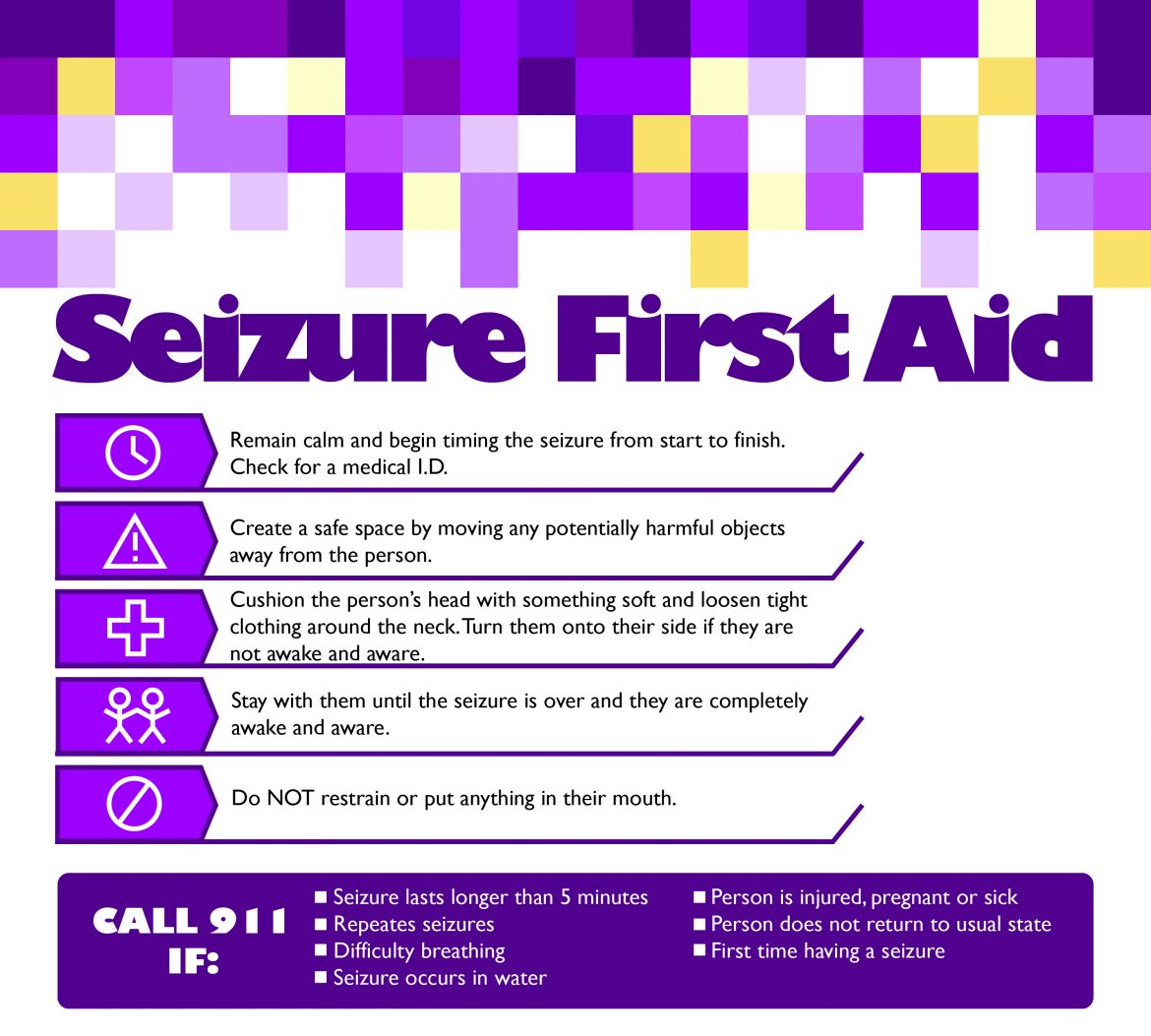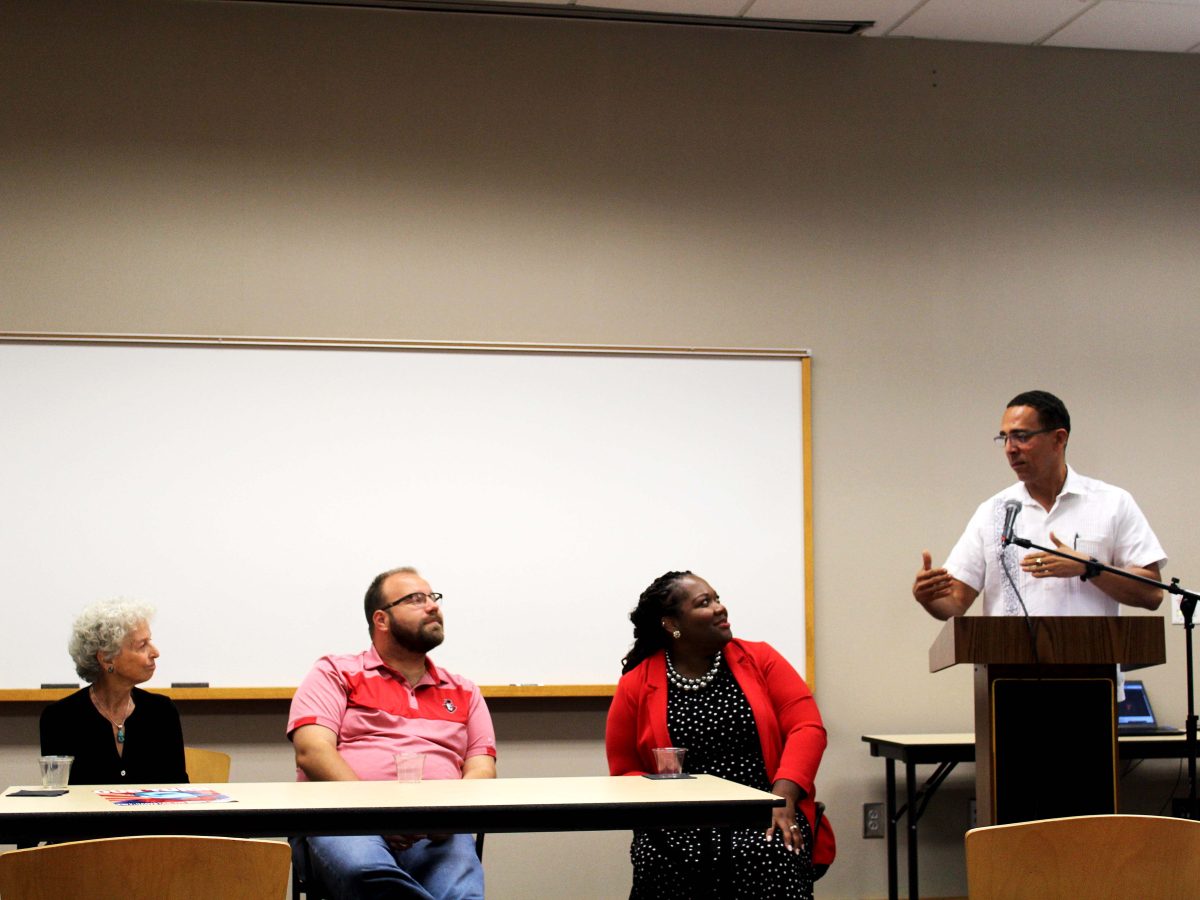November is National Epilepsy Awareness Month, making it the best moment to learn about epilepsy. Over 3 million people in the United States are affected by epilepsy. Therefore, it is important not only to know about epilepsy, but also what to do when someone experiences a seizure.
Epilepsy is a neurological disorder that affects 1% to 3% of the population.
The severity varies from person to person. Some people stare blankly during a seizure, and others lose consciousness with uncontrollable twitching. Memory loss is often a component as well. The symptoms are different for everyone, which makes studying the disorder difficult. There is no specific cause for it, but it is marked by unusual brain activity. To be diagnosed with epilepsy, a person will typically have at least two seizures.
Recognize that this can happen to anyone. This is why knowing what to do matters. No cure is available. Though there are treatments, a person will live with epilepsy forever. The goal of medicine is to decrease the frequency of seizures.
Seeing someone collapse and seize can be nerve-racking, but there are simple steps to take to provide a safer environment when it happens.
First, it is very important to keep calm. No one is able to help when they are hysterical. Start timing the seizure as quickly as possible and try to find a medical I.D. Next, it is important to make the environment safer because the person may experience uncontrollable muscle movement. Move all potentially hazardous objects away and cushion the person’s head with something soft like a jacket. Loosening tight clothing around the neck may also be needed to prevent choking. Turn the person on their side if they are unconscious and do not stick anything in their mouth. Finally, stay with them the entire time until they are completely alert again.
These simple steps could be important. It is always better to know about something that is not needed than to be unaware when the knowledge is absolutely needed.
Knowing how to respond in the event that someone has a seizure is just as important as knowing CPR or any other general first aid. Epilepsy is a relatively common disorder, but there is very little understanding in the grand scheme of things.
More research should be done on the causes and treatment of epilepsy and educational opportunities should be made available to the community.





